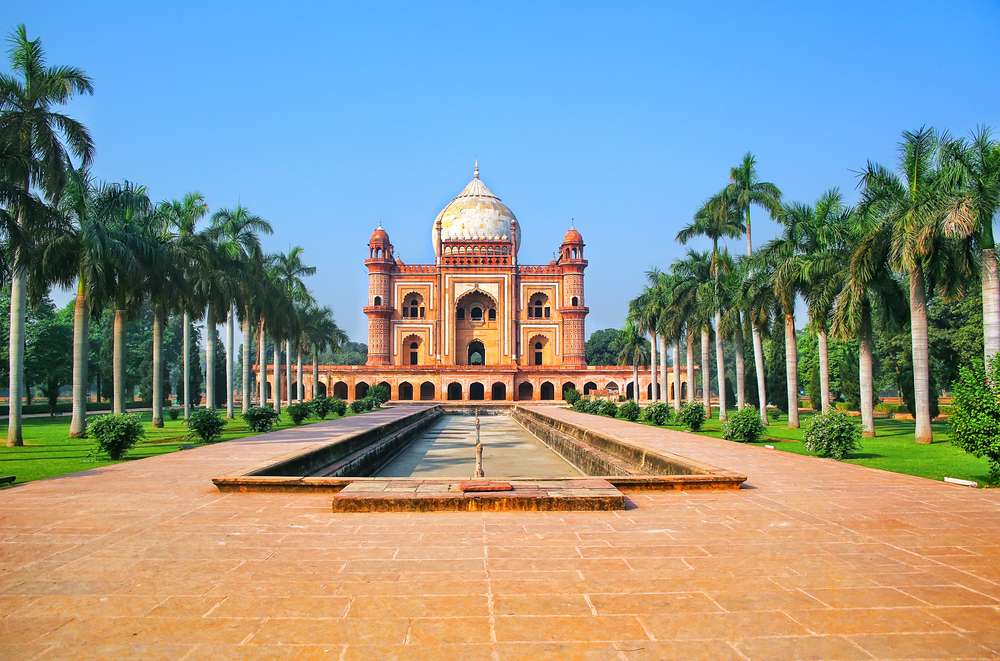India, with its rich cultural heritage, diverse landscapes, and vibrant communities, is a popular destination for travelers seeking unique experiences and adventures. However, with the privilege of travel comes the responsibility to minimize negative impacts on the environment, local communities, and cultural heritage. Responsible travel in India involves making ethical choices that contribute to sustainable development, preserve cultural authenticity, and respect the rights and dignity of local residents. In this article, we’ll explore various ethical considerations for tourists visiting India and provide tips on how to travel responsibly while experiencing the beauty and diversity of the country.
Respect Local Customs and Cultures
India is a culturally diverse country with a rich tapestry of traditions, customs, and beliefs. As a visitor, it’s essential to respect and honor the cultural heritage of the communities you encounter. Take the time to learn about local customs, etiquette, and religious practices before visiting sacred sites, temples, or cultural festivals. Dress modestly, remove your shoes when entering religious or sacred spaces, and ask for permission before taking photographs of people or religious ceremonies. By showing respect for local cultures and traditions, you can foster positive interactions and build meaningful connections with the communities you visit.
INDIA VISA APPLICATION PROCESS
Support Local Communities and Businesses
One of the most effective ways to promote responsible travel in India is to support local communities and businesses. Seek out authentic experiences that benefit local artisans, craftsmen, and entrepreneurs, such as shopping at local markets, staying in homestays or guesthouses run by local families, and dining at locally-owned restaurants serving traditional cuisine. By patronizing local businesses and engaging with community-based tourism initiatives, you can contribute directly to the economic development and empowerment of local communities, helping to preserve their way of life and cultural heritage.
Minimize Environmental Impact
India’s natural beauty and biodiversity are precious resources that must be preserved for future generations to enjoy. As a responsible traveler, strive to minimize your environmental impact by practicing sustainable behaviors such as reducing waste, conserving water and energy, and minimizing carbon emissions. Choose eco-friendly transportation options such as public transit, cycling, or walking whenever possible, and opt for accommodations that prioritize environmental conservation and eco-friendly practices. Avoid single-use plastics, carry a reusable water bottle and shopping bag, and dispose of waste responsibly by recycling or properly disposing of trash in designated bins.
Practice Responsible Wildlife Tourism
India is home to a rich variety of wildlife species, including tigers, elephants, and endangered species like the Indian rhinoceros. When engaging in wildlife tourism activities, choose operators and tour companies that adhere to responsible and ethical practices, such as respecting natural habitats, maintaining a safe distance from wildlife, and avoiding activities that exploit or harm animals for entertainment purposes. Support conservation efforts by visiting national parks and wildlife sanctuaries that prioritize wildlife protection and habitat preservation, and consider participating in responsible wildlife volunteering or conservation programs.
Be Mindful of Cultural Sensitivities
Cultural sensitivities vary across different regions and communities in India, and it’s essential to be mindful of local customs and norms to avoid inadvertently causing offense or disrespect. Refrain from engaging in behavior that may be considered culturally insensitive or offensive, such as public displays of affection, loud or disruptive behavior in sacred or religious spaces, or disrespectful behavior towards elders or authority figures. Take the time to listen, observe, and learn from local residents, and approach cultural interactions with humility, curiosity, and open-mindedness.
Practice Responsible Photography
Photography is an integral part of travel, allowing us to capture and preserve memories of our journeys. However, it’s essential to practice responsible photography and respect the privacy and dignity of the people we photograph. Always ask for permission before taking photographs of individuals, especially in rural or indigenous communities, and respect their right to decline. Avoid intrusive or exploitative photography, such as taking photos of vulnerable or marginalized populations without their consent, and refrain from sharing images that may perpetuate stereotypes or misrepresent local cultures and lifestyles.
Leave No Trace
The principle of “Leave No Trace” is fundamental to responsible travel, emphasizing the importance of leaving natural and cultural sites exactly as you found them, or better. Avoid littering, defacing, or vandalizing natural or cultural landmarks, and leave behind only footprints while taking memories and photographs with you. Practice responsible tourism ethics by leaving natural habitats and cultural sites undisturbed, refraining from removing artifacts or souvenirs, and respecting designated conservation areas and protected sites.
Conclusion
Responsible travel in India is about more than just experiencing the country’s beauty and diversity—it’s about being mindful of the impact our actions have on the environment, local communities, and cultural heritage. By respecting local customs and cultures, supporting local communities and businesses, minimizing environmental impact, practicing responsible wildlife tourism, being mindful of cultural sensitivities, practicing responsible photography, and leaving no trace, travelers can contribute to sustainable development, cultural preservation, and environmental conservation in India. Together, we can ensure that future generations have the opportunity to experience and enjoy the wonders of India’s natural and cultural heritage for years to come.
Also read: Luxury Travel in India: Indulgent Experiences and Accommodations


